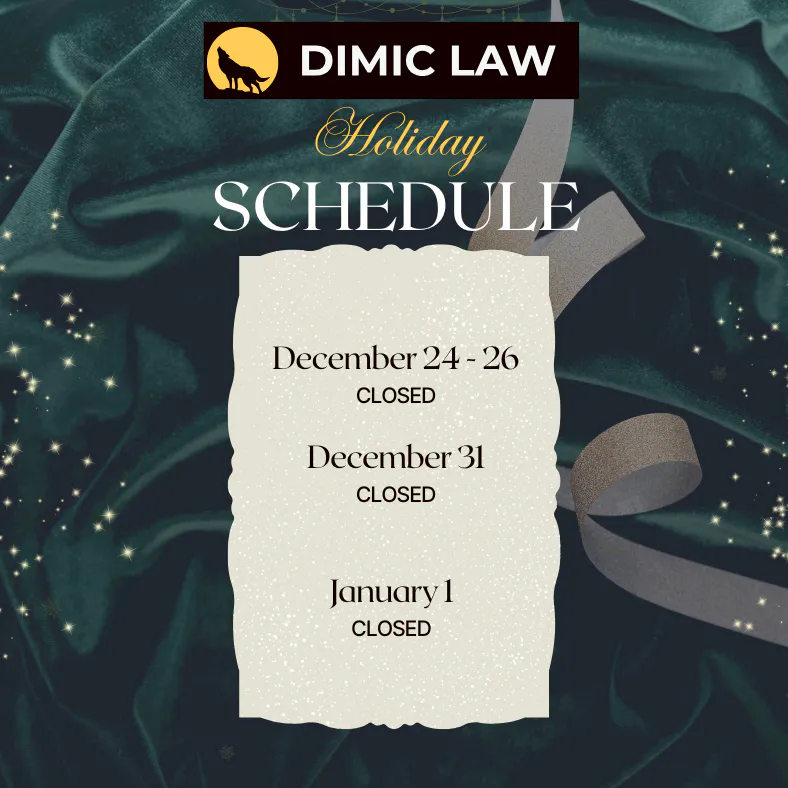
Blog
October 2020 – Child Support Entitlement
Separation can be messy. Whether common law or married, it’s never easy when kids are involved. It is crucial that children’s basic needs such as shelter, food and clothing are covered.
Child support is required to assist in basic obligations of raising children. The payor is the parent who is required to pay child support for the children in the other parent’s care. The recipient is the parent who will receive child support. Under Federal Child Support Guidelines the amount per month required from the payor is determined based on the location of the payor, the number of children, and the payors before tax annual income. Line 150 of the payor’s income tax return is a very good starting point in determining their guideline income for the year.
The type of parenting arrangement may affect how child support is calculated. When children live primarily with one parent, unless the paying parent has the child for more than 40% of the time over the course of the year, the amount of support is determined by the basic child support calculation. Otherwise, there would be setoff amounts from the other parent to be utilized in determining the net amount of child support owed.
Child support typically ends when the child of the marriage reaches the age of majority which is the age of 18 in six provinces in Canada. However, child support does not necessarily have to stop there. An individual at or over the age of majority under the primary caregiver’s charge who is unable by reason of illness, disability or other cause to withdraw from the caregiver’s charge or to obtain the necessities of life, maybe entitled to ongoing child support.
Quite frequent other cause is the individual attending a post-secondary institution which typically occurs between the age of 18 and 22. With ever-increasing tuition fees, most children need continued support and stay within their primary caregiver’s household until they are able to offset loans and finish their degrees.
Thus far we have mostly discussed the basic or standard section 3 expenses under the Federal Child Support Guidelines. It may not appear straightforward, but there are also other “special expenses” for which support payment should be provided. These are referred to as section 7 expenses and are generally shared between the two parents, based on their income.
They include expenses such as:
• childcare expenses incurred as a result of the custodial parent’s employment, health issues, or educations;
• health-related expenses such as counseling or eyeglasses;
• post-secondary education expenses; and
• extra-curricular activities, if extraordinary.
Not all expenses qualify as special or extraordinary. Costs for personal trainers, school uniforms, and school fees in certain circumstances, public transit expenses, costs of a driver’s license, and clothing would not qualify as section 7 expenses.
The parent entitled to child support that is not receiving the appropriate amount of support or any type of support is eligible to retroactively seek support, as far back as three years, unless there was further blameworthy conduct on behalf of the payor.
Blameworthy conduct of the payor may include the payor hiding increases in income or job changes from the recipient and failing to provide appropriate disclosure, using pressure tactics and threats against the recipient to not initiate a claim for child support; or misleading the recipient that supports obligations are being met, when in reality, they are not.
The Maintenance Enforcement Program utilizes an agency that enforces the court-ordered child or spousal support as needed. There is comfort knowing that such a mechanism exists, and the support entitlements of the recipient and their children are protected.
Steve Dimic
If you have any additional inquiries regarding any of the topics or if you have ideas for future
topics, please feel free to email me at stevedimik@hotmail.com

